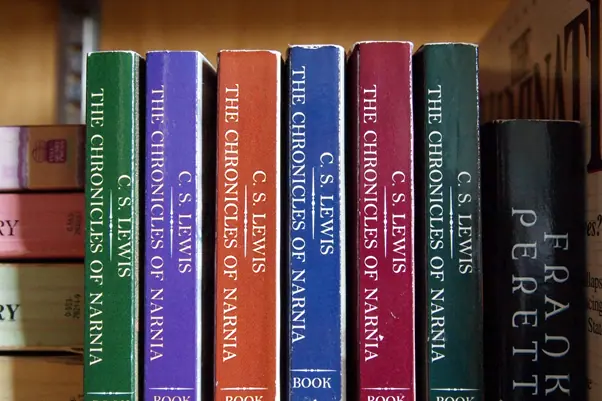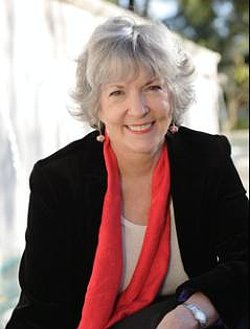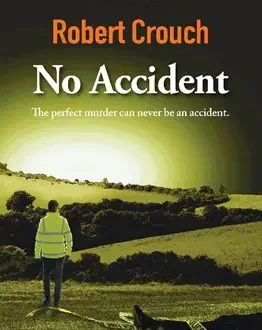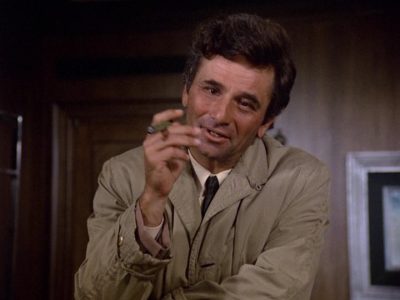
Why do I write murder mystery novels?
The easy answer would be to say I love Agatha Christie, crime dramas and complex puzzles.

I was huge fan of the Famous Five by Enid Blyton when I was a child. I was an even bigger fan of Scooby Doo when it came on the TV in the early 70s. To me it was a US version of the Famous Five, updated and made funny by that lovable dog and his Scooby snacks.
I was 12 or 13 when I read Ian Fleming’s James Bond. Seventeen when I tackled Murder on the Orient Express. After that, crime didn’t feature in my reading until the 1980s, when I discovered Sue Grafton’s alphabet series, featuring private investigator Kinsey Millhone.
The moment I began to read A is for Alibi, I knew I had to create my own investigator.
It’s as simple as that.
But it’s only part of a story that involves a desire to write, but a lack of direction and purpose, a refusal to focus rather than spreading myself thinly, and the self-doubt that undermined and crippled my creativity and belief in myself. Throw in rejection by publishers, a dislike of editing and revising, and the need to try something new, and you’ll understand why it took me so long to become a published author.
Ironically, all of these issues feature in the Downland Murder Mysteries I write, currently nine novels, with a tenth in progress.
But let’s cycle back to the love of mysteries that began with Enid Blyton’s Famous Five. When I was a child, my father was a groundsman on a big countryside estate. We lived in a bungalow in the woods. The nearest house was half a mile away at the entrance to the estate.

With no one to play with, reading became my saviour, transporting me to new and exciting worlds. They made normal life, which meant school, seem dull and colourless. I wanted to visit Narnia and take on the White Witch, or follow Alice down the rabbit hole. Robert Louis Stephenson, Charles Dickens, Arthur Conan Doyle and Jules Verne showed me exciting worlds.
But they were all old. I wanted something modern. James Bond wasn’t that modern, but to a 12 year old, it was a thrill a minute.
At school, I was always telling stories, often exaggerating the truth. I mean, what happens in the middle of the wood? Not a lot, but what about monsters and huge insects that try to break through your bedroom window. Then, when I went to senior school, I had the chance to write stories.
You won’t be surprised to learn English was my favourite subject. It set me on a collision course with all the teachers who believed science was the only way forward. Without science, how did I ever expect to get to university and have a rewarding job?

Easy. I wanted to be a journalist. (I boldly stated a desire to be an actor a couple of years earlier and was laughed at by the whole class, and the teacher. That’s how to encourage pupils to deliver their best.)
Journalist? The careers officer looked like he’d swallowed a wasp.
Why do you want to be a journalist?
I wanted to investigate everything that was wrong and help put it right. Lofty ambitions, but you have to dream big. The careers officer wasn’t swayed and suggested Business Studies at Manchester University offered far more possibilities.
He said the same to everyone, irrespective of what they wanted to do, I later discovered.
It was yet another example of the unfairness I encountered in my early life. It simply galvanised me to write. Nothing was going to stop me.
My first novel was a mystery story, written for children. I was only 17, with a limited experience of life, dominated by things not going my way. I received a letter from the publisher I sent it to, praising my characters and dialogue. Next, I wrote a romance, mainly because I’d found and lost my first love.
From here I switched to humour – a typically northern look at life – or death in this case.
Life, marriage and mortgages seemed to stifle my output, though I never stopped writing. Finally, after writing two psychological thrillers in the early 1980s, Kinsey Millhone entered my life, and has been there ever since.

Sue Grafton’s novels epitomised what I wanted to achieve – a strong lead character with wit and humour, a cunning mind and no fear of breaking a few rules to get to the truth. A great backstory, filled with interesting characters who have their own conflicts and problems, which often impact on the lead character. A setting that has a life of its own, almost becoming a character in its own right. And original plots that reflect the traditional murder mystery, but bring something new to the table.
I had my inspiration. All I needed was a charismatic lead character.
Agatha Christie offered a helping hand with Miss Marple. I loved the idea of an ordinary person solving a murder. Unlike the police, who have teams of trained officers, scientific support, national databases and powers to investigate, detain and interrogate, ordinary people have to rely on their wits, their intelligence, a friend in a helpful occupation, and a desire or necessity to solve a crime.
Sleuths have to work much harder with less. It’s a perfect underdog scenario that reflects my battles with unfairness and injustice. My day job as an environmental health officer was all about fairness and justice. I inspected restaurants and food businesses, ensuring all businesses reached the same standards so the public were properly protected when they ate out or bought food.
My work was to play a pivotal role in making the Downland Murder Mystery series distinctive, while sticking to the traditional murder mystery blueprint. There were murders, suspects, red herrings and twists before my hero, Kent Fisher, solved the case. But I could showcase different areas of my work, letting them play an important supporting role.
Best of all, I had an opportunity to devise the most complex, twisting and exciting murders.
You can find out more by joining my Readers Group.



